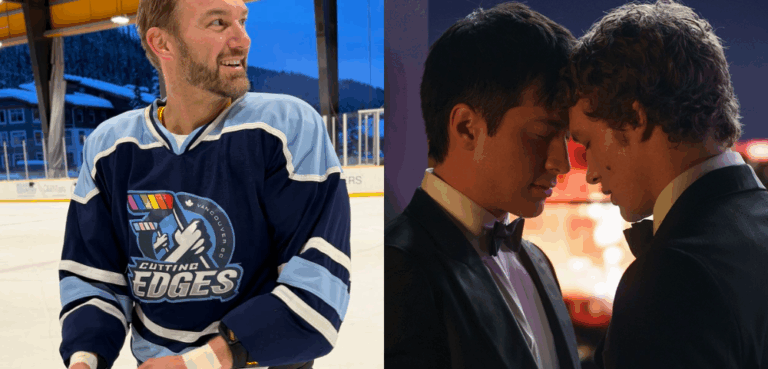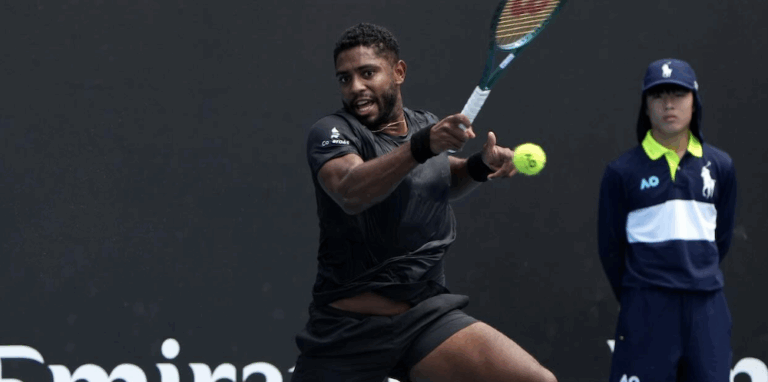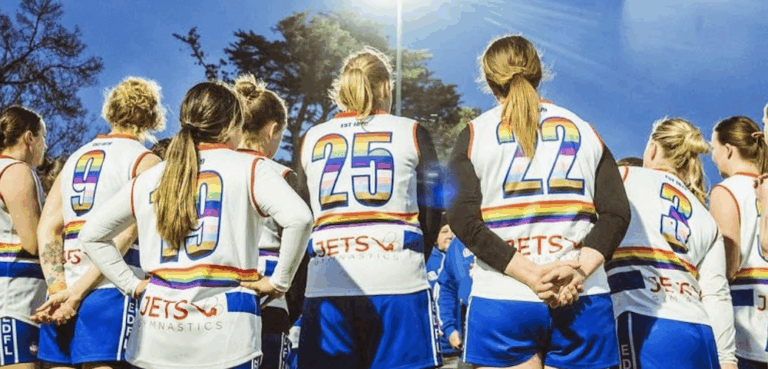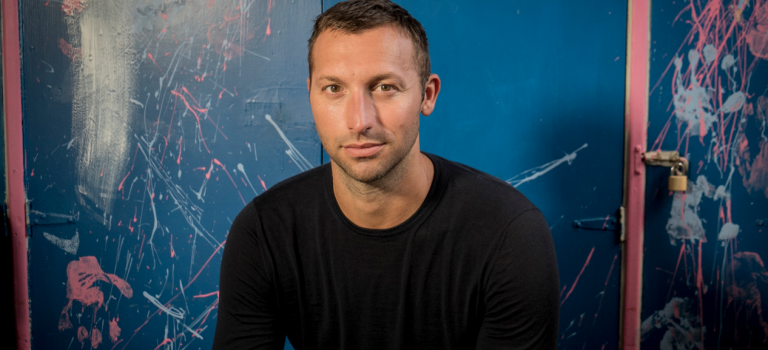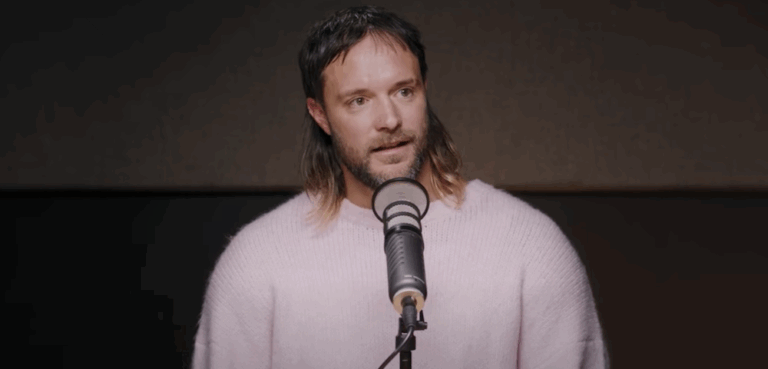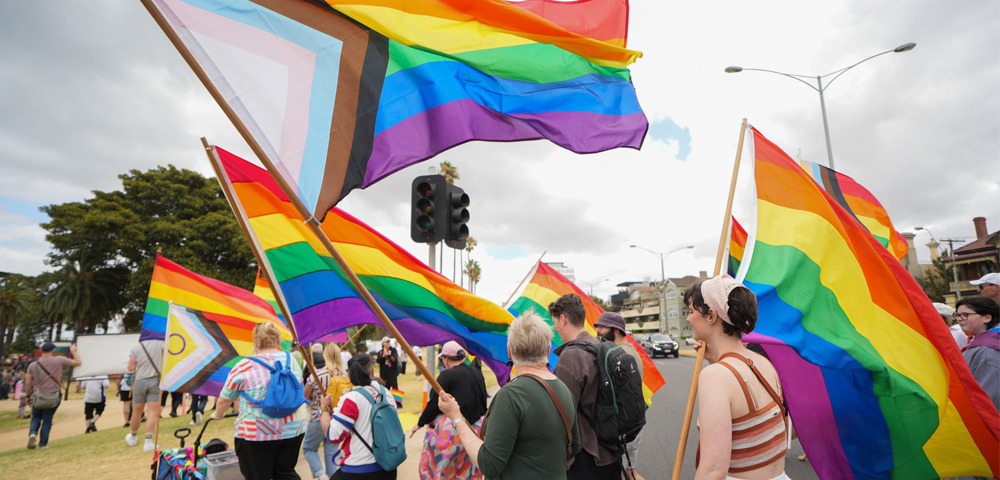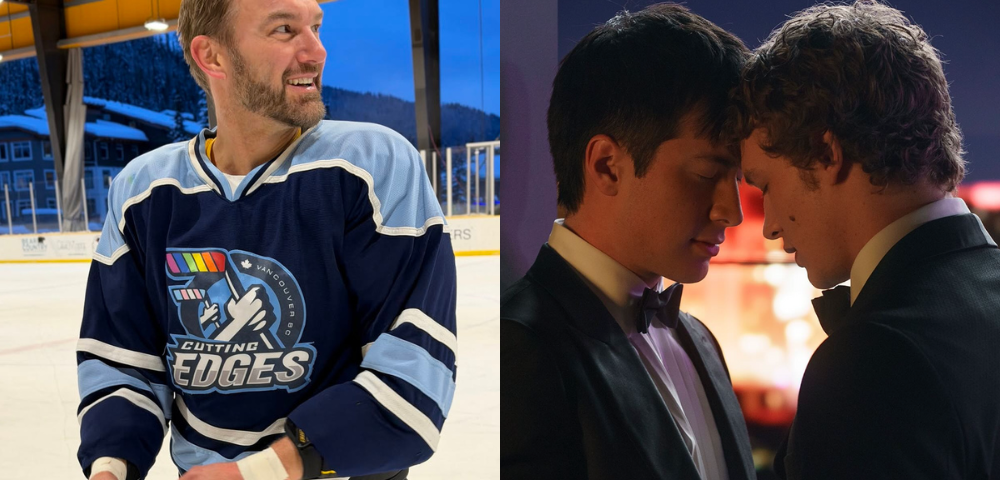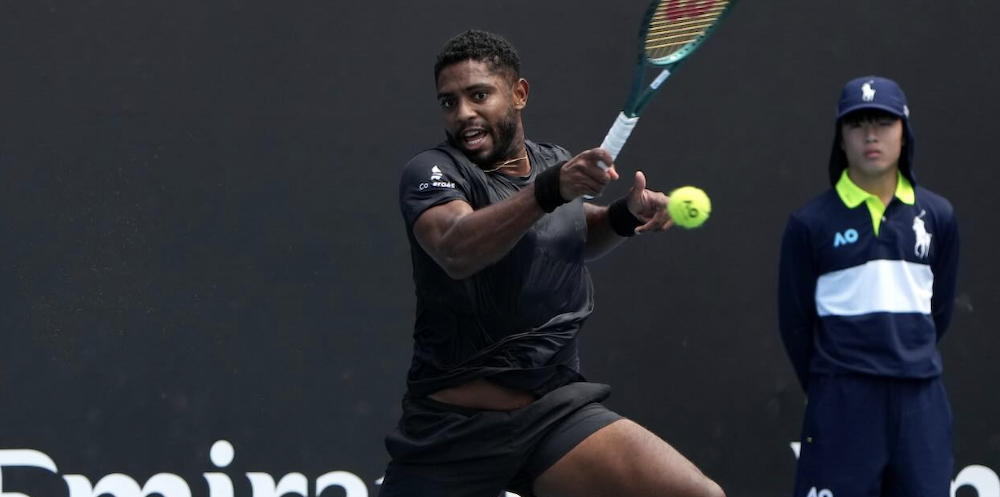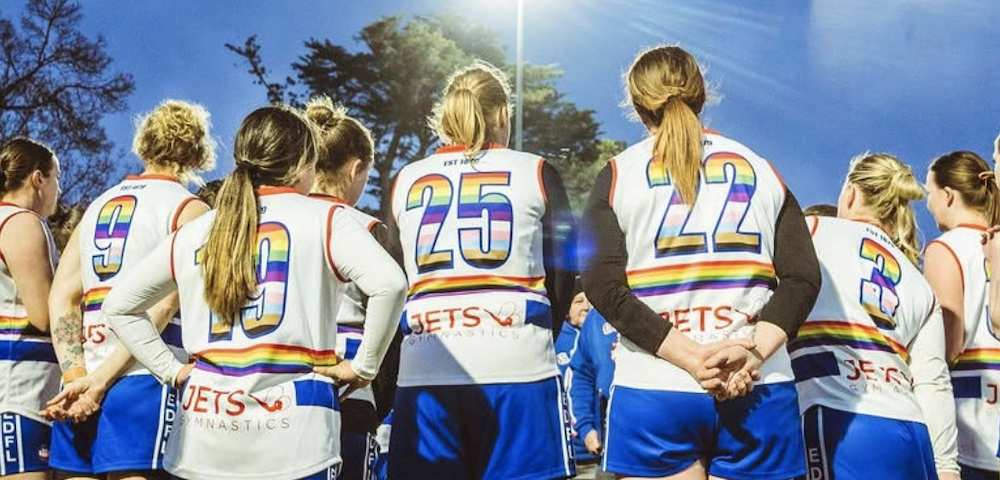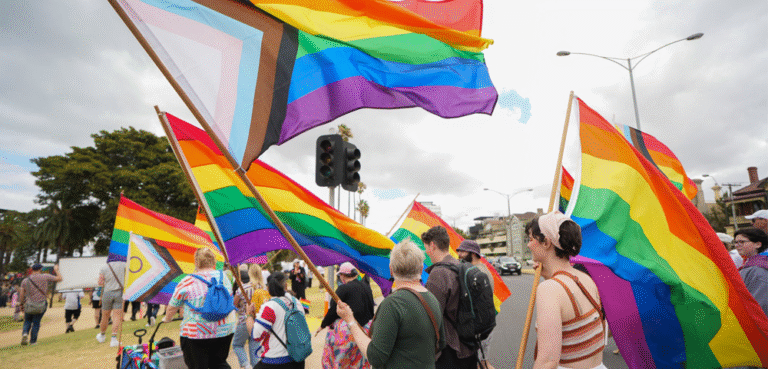
Former AFL Boss Rejects Allegations Of League’s Homophobic Culture

Former AFL boss Andrew Demetriou has denied the deep-rooted culture of homophobia in the sport, saying he’s certain that any players who decide to come out are sure to be welcomed in the league.
The comments come less than a month since ex-Eagles player, Mitch Brown, came out as bisexual, becoming the first man to do so in the league’s entire 129 year history.
In discussions around his sexuality, Brown repeatedly referenced the rampant “hyper-masculine” culture of AFL, telling of multiple instances where he was made to feel as though he’d never be able to come out.
Demetriou, who resigned in 2014, rejected Brown’s allegations, saying he’s certain that the league wouldn’t react that way anymore.
“I think that any player who feels it’s necessary and important to reveal their sexuality will be embraced,” Demetriou said in an interview with ABC Sport.
“I’m sure there will be sectors of the community that will have an issue with it, just as they have with Indigenous players or players of different backgrounds.
“But I think they will be embraced, welcomed, and I don’t think there is an unsafe space in the AFL industry.
“The AFL is a very welcoming place across all areas.”
Demetriou made reference to the AFLW, which has multiple openly LGBTQIA+ players, saying it was a game changer for the sport.
“Everything is accepted, no-one comments and there’s no backlash,” he said.
Demetriou said he hoped Brown “felt the warmth and the comments in the social media where he was embraced” following his coming out.
“Of course, you had a minority of people who were small-minded,” Demetriou said. “But in the main, Mitch Brown was thanked.”
Rankine “paid a very high price” for homophobic slur
Demetriou also gave his two cents on Adelaide Crows player Izak Rankine, who was given a four-game ban last month after he used a homophobic slur during a match against Collingwood.
Rankine was the the sixth AFL player to receive a suspension after using homophobic slurs on the field in the space of 16 months, which is absolutely the sort of thing that comes from a culture of acceptance and respect for queer people.
His suspension from the game was heavily criticised, with Rankine’s initial five-game ban reduce to four, amid speculation that his punishment was lessened in order to let him play in the grand final.
“The AFL and the club itself that prosecuted the case would have gone through this very thoroughly,” Demetriou said.
“There must have been very good reasons why they mitigated the penalty to one week less than the norm, and ultimately, he’s paid a very high price for his misdemeanour.
“It’s been played out publicly, he’s apologised. I’m sure he’s embarrassed.”
Speaking on The Imperfects podcast earlier this week, Brown said although what Rankine did was wrong, he didn’t blame the 25-year-old for his actions.
“I would never point out an individual, I would never do that,” Brown said. “Because it’s more than that, it’s bigger than that- it’s cultural, it’s systematic.”
Brown said he reached out to Rankine, telling him he knew his actions were also driven by a wider culture of disrespect in the AFL, and that he would be able to bounce back from the homophobic incident.
“I watched him on screen apologising for what he did after he went away and came back from overseas, and I could feel the hurt and heaviness on him,” Brown said. “I just wanted to let him know that it’s not his fault. He’s not a bad person.
“As an Aboriginal man, he’s on the end of direct racism and non direct, systematic racism every single day of his life. So the guy understands, he understands what it’s like.
“I didn’t want to let a good, positive male role model define himself by one incident, so I felt compelled to share and let him know it’s okay, you are still a good role model.”
